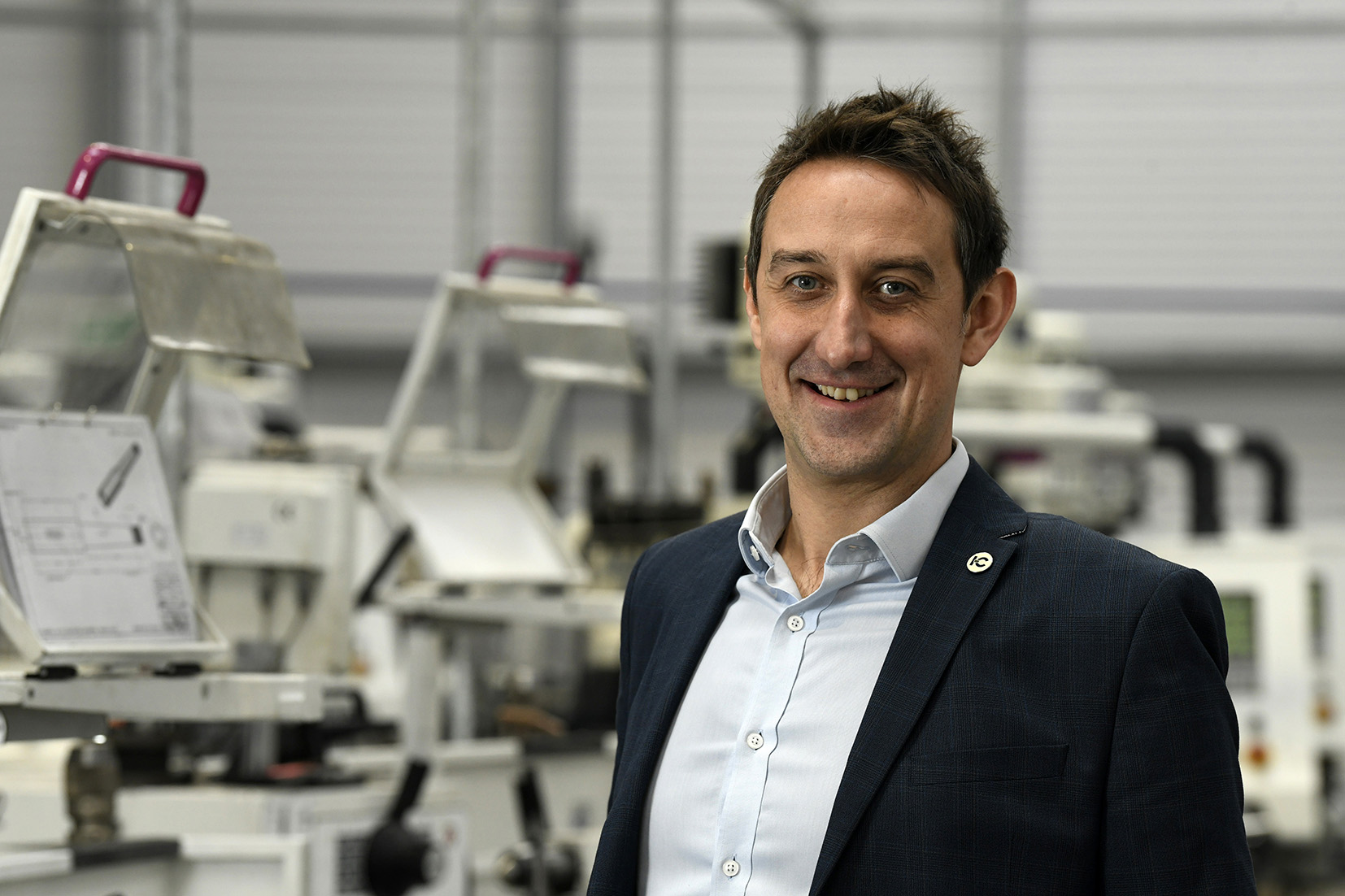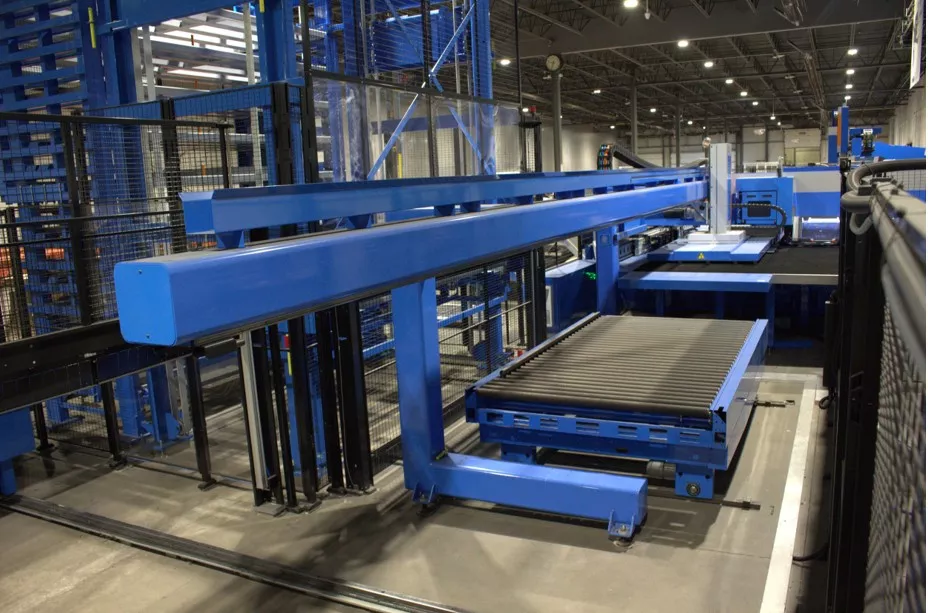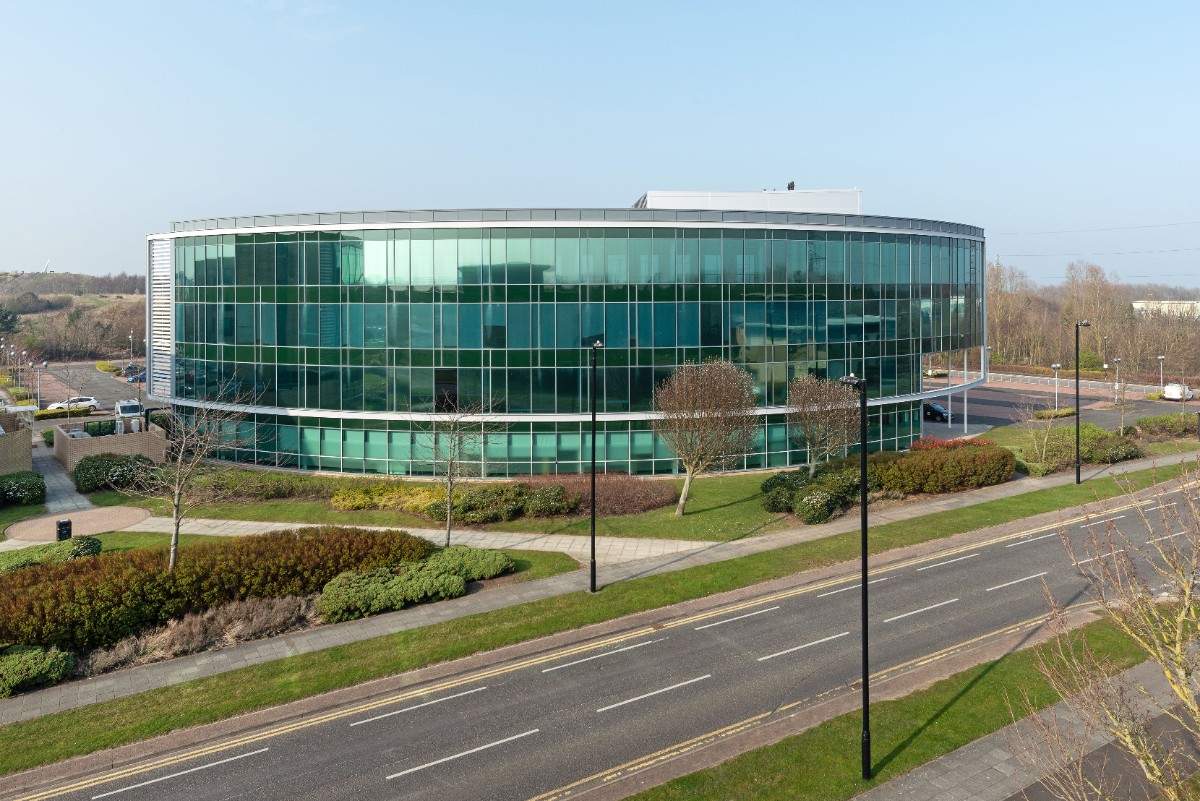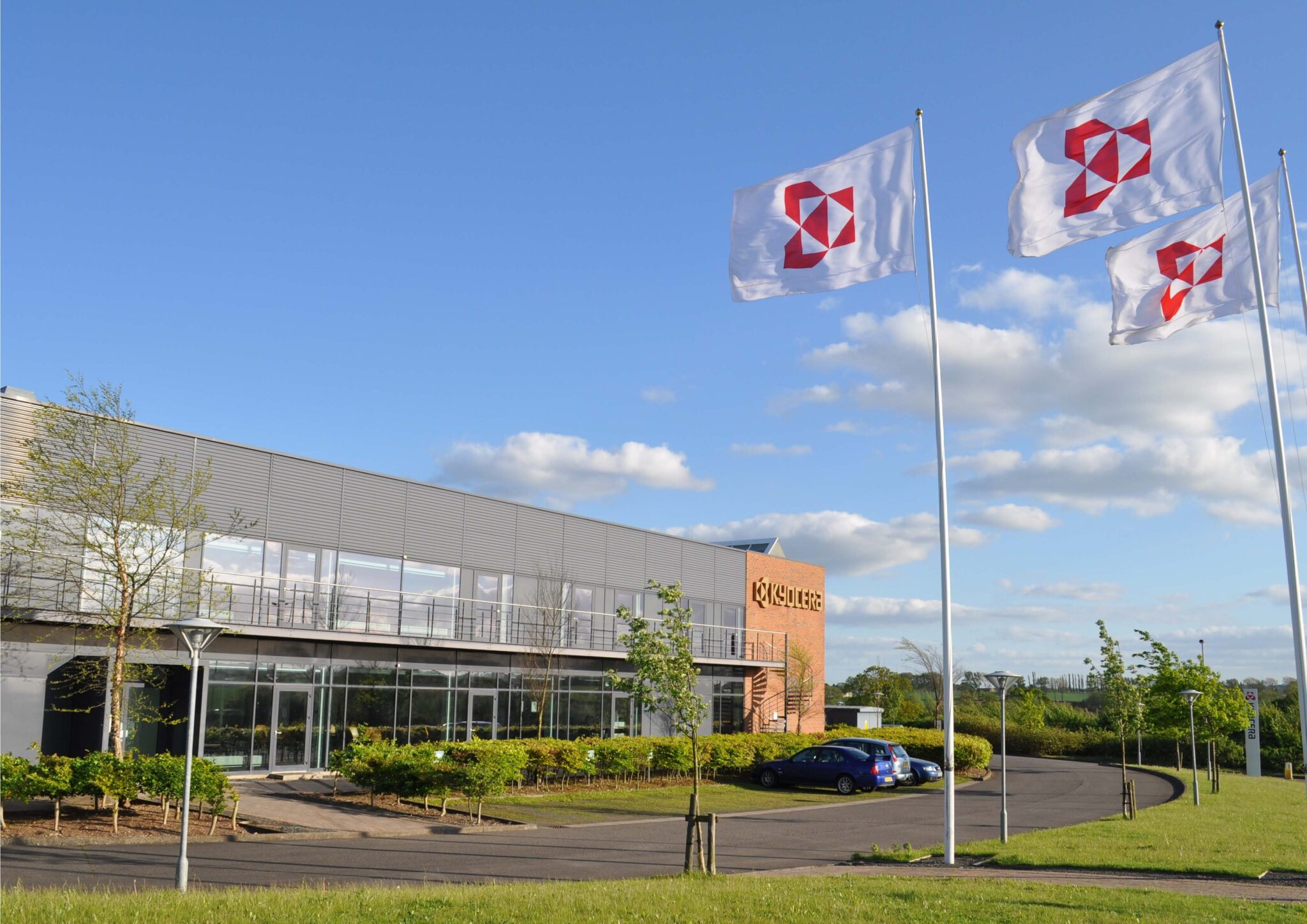Election Reaction : Changes at the top!
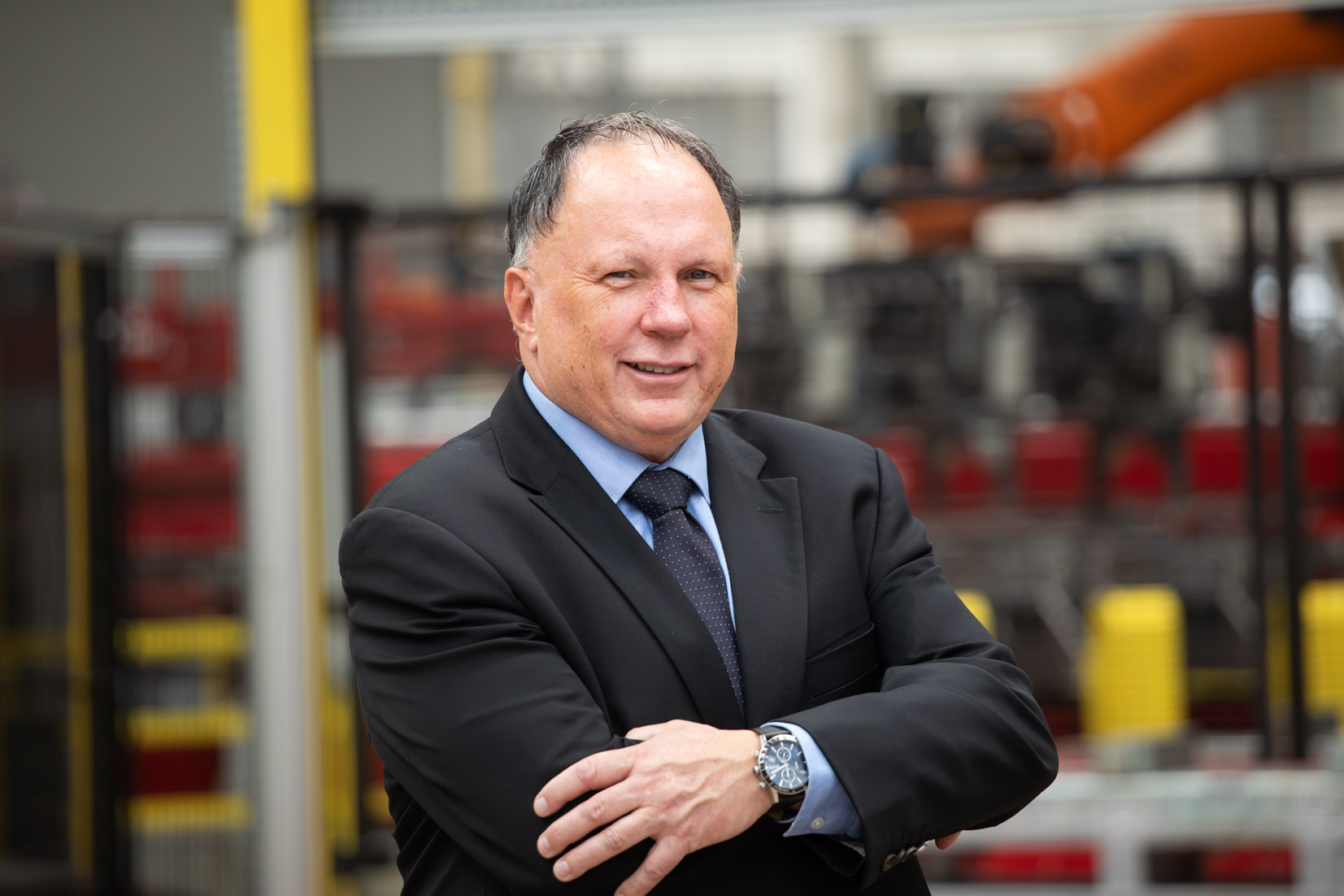
With the Labour Party sweeping to an emphatic victory at the 2024 General Election, what were the industry’s thoughts on the new government’s intentions and prospects? A number of notable sector voices provided Machinery & MAnufacturing with intriguing insight.
Winning 411 seats, up massively on its 2019 total of 209, the Labour Party swept to power at the General Election on 4 July. As always, some will smile and some will groan, but what does it really mean for the UK’s manufacturing industry?
“The instability of recent years must be replaced with a long-term industrial strategy so that British businesses have the confidence to make investment decisions which will increase productivity, deliver economic growth and enable workers to enjoy more money in their pockets,” says Duncan Keates, the owner of Leicester-based subcontract manufacturing business ADS Laser Cutting. “Labour’s pledge to rebuild the UK steel industry is something of particular importance to us. However, the devil will be in the detail, and we look forward to seeing Labour’s vow to invest £2.5 billion in the sector come to fruition.”
At Walsall-based PP Control & Automation, a manufacturing outsourcing specialist working with 20 of the world’s largest machine builders, CEO Tony Hague says that after 14 years of the same government, a change was almost inevitable.
“The Conservatives paid a heavy price for many years of ineffectiveness and there was no real surprise with the election result,” he states. “In truth, the Labour manifesto is fairly central and balanced, albeit the concern of increased taxes is always there. From a UK manufacturing perspective, we await with interest what positive steps they take in the short and long term. Some relatively easy decisions that could have a big impact include a revised R&D policy, a review on Corporation Tax and more sustained support for SMEs around export.”
Trade secrets
Trade bodies always have something to say, and Make UK – The Manufacturers’ Organisation, is among those keen to make its voice heard. Chief Executive Stephen Phipson says: “Business will welcome such a clear result and an end to the political and economic instability of the past few years, which is essential for companies to bring forward much needed investment. Looking ahead, the new government has a large in-tray. First and foremost is the urgent need to kickstart the UK’s anaemic growth levels of recent years. A modern, long-term industrial strategy that tackles the skills crisis in particular will be key to delivering growth.”
Stephen Morley, President of the Confederation of British Metalforming (CBM), has some personal advice for the new Prime Minister Sir Kier Starmer: “Stop telling everyone that your dad was a toolmaker and your family were poor. This is putting young people off a career in manufacturing, a career that can be well paid and take you all over the world.”
Like many in the sector, the CBM wants a long-term industrial strategy that plays to the UK’s strengths and acknowledges the challenges faced by manufacturing.
“Ideally, we’d like something that is cross-party or has a Royal Charter to ensure longevity regardless of political persuasion,” says Stephen Morley. “A dedicated Minister for Manufacturing is a campaign that we support and could be an early win if Labour wanted to show a willingness to place new importance on a sector that drives innovation, underpins GDP and creates highly skilled jobs. Regarding the latter, we urgently need a review of the Apprenticeship Levy and how funding in this pot can be spent.”
Training on the job
Providing a comment direct from the training sector is Gareth Jones, Managing Director of In-Comm Training, which provides more than 2500 apprenticeships and upskilling opportunities at its technical academies in Aldridge and Telford. He says: “To be fair to the Conservatives, they did put apprenticeships back on the map and reignite their credibility among learners, parents and employers. Now Labour has the baton to try and build on this evolution, and there were some big promises in the election lead-up. Widening the scope of the Apprenticeship Levy would be a very welcome move, for example.”
Gareth Jones also holds views on wider industry requiring a long-term strategy to build trust and give companies the confidence to invest.
“To have a strong economy we must be making products – I’ve said it for years. Yet many companies are dying, with their owners choosing to retire rather than implement succession planning. We want a strong industrial sector with pathways to jobs for all.”
